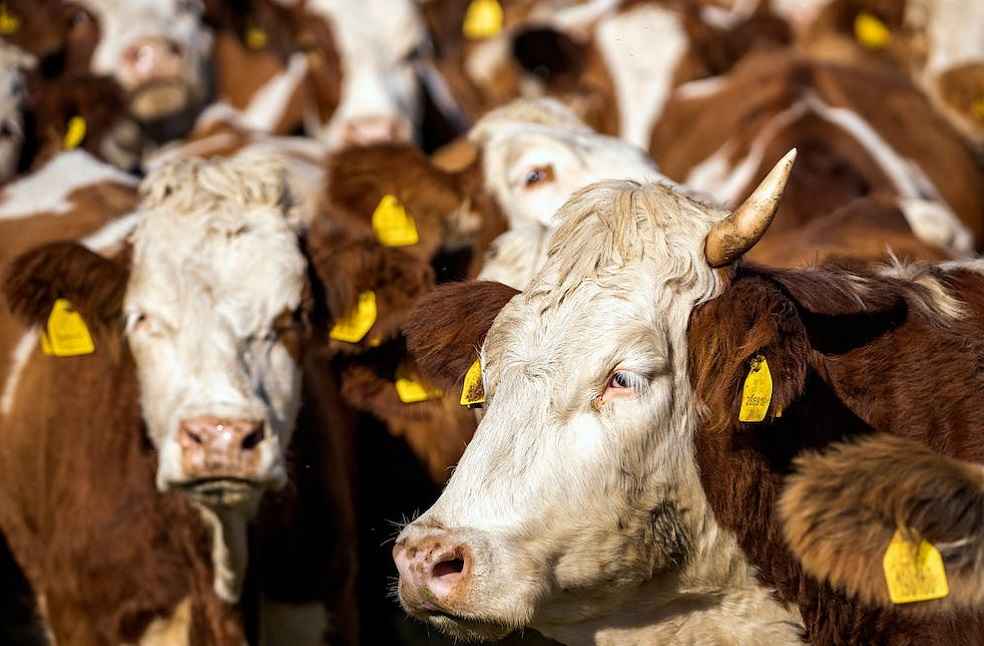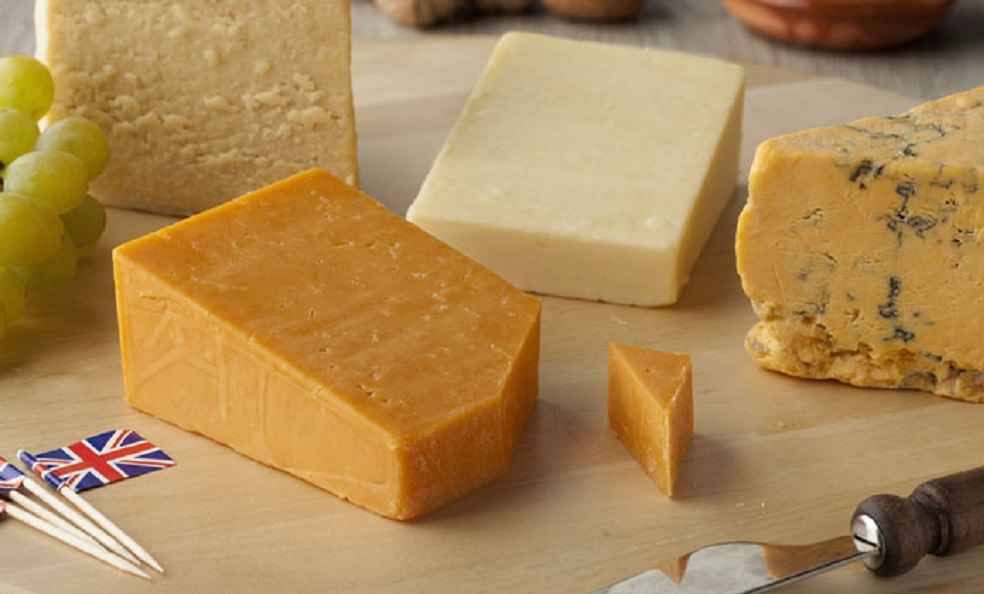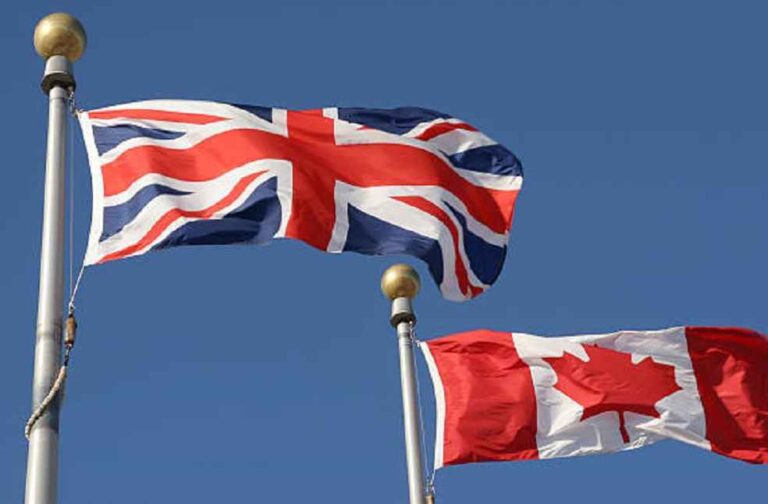Negotiations between Canada-UK trade deal have hit a roadblock due to disagreements over food standards and market access for key agricultural products, such as cheese and beef.
The UK’s current rollover agreement with Canada, which was put in place following the UK’s departure from the European Union in 2021, is set to expire at the end of this year. Attempts to reach a permanent agreement have been hampered by disputes over the trade of cheese and beef.
UK cheese exporters have pressed the Department for Business and Trade to guarantee their continued access to the Canadian market after 2023. They have also called for the reinstatement of the so-called ‘cheese letters,’ which facilitated tariff-free trade for cheese.

Meanwhile, a coalition of Canadian cattle farmers has launched a campaign to block the UK’s accession to the Comprehensive and Progressive Agreement for Trans-Pacific Partnership (CPTPP), arguing that the agreement would not provide Canadian farmers and producers with a fair level of competition.
The UK’s food standards currently prohibit the import of Canadian beef due to the use of synthetic growth hormones in cattle farming. However, the UK’s admission to the CPTPP has allowed UK farmers to export beef to Canada. In 2022, the UK exported 4,414 tonnes of beef to Canada, worth an estimated $33.2 million.
The imbalance in beef trade has led Canadian farming groups to oppose the UK’s accession to the CPTPP. They argue that the agreement does not meet a fair standard of competition for Canadian farmers and producers.

Sam Lowe, a partner at consultancy Flint Global, expressed pessimism about the possibility of reaching a mutually beneficial deal between Canada and the UK. He stated that “Canadians don’t want to import any foreign cheese; Brits don’t want to change their food standards to facilitate the import of Canadian beef.”
Along with Canada-UK trade talks, negotiations between Canada and India have also come to a halt, causing frustration among business leaders. Matthew Holmes, policy and government relations lead at the Chamber of Canadian Commerce, stated that the stalled deals would hurt agri-businesses. He noted that pulses, proteins, lentils, potash, and canola oil would be particularly affected.
The stalling of trade talks between Canada the UK and India highlights the challenges of negotiating trade agreements in a globalized world, particularly when there are disagreements over food standards and market access for key agricultural products.
LATEST NEWS | Aussie PM’s China Visit: Boosts Trade, Defense Hurdles Remain



